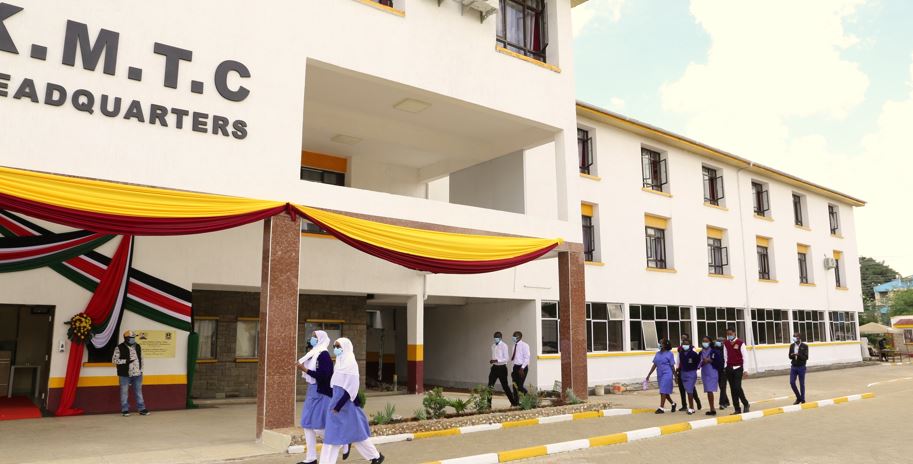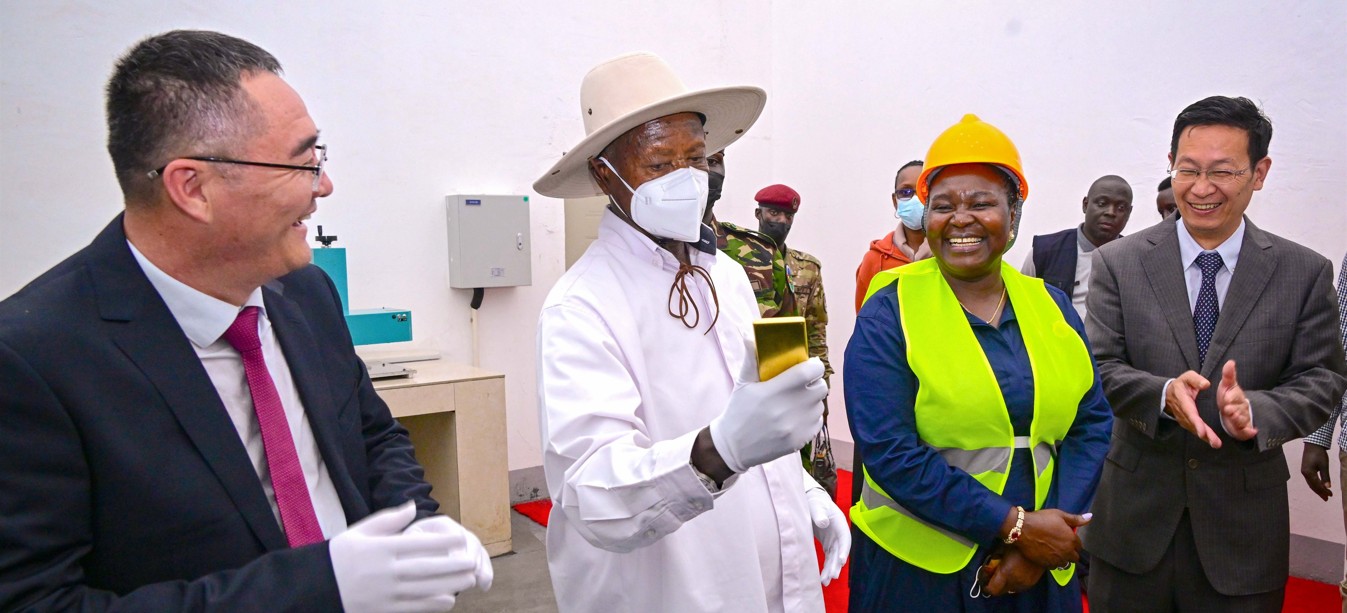21 public universities at risk of collapse due to Sh42.5 billion debt, Auditor General warns

Auditor General Nancy Gathungu revealed that the continued operations of many of these universities were being sustained only through government support or creditors’ leniency.
Twenty-one public universities are at risk of financial collapse after accumulating a negative working capital of Sh42.5 billion, raising fears about their ability to sustain operations.
A new report by the Auditor General for the 2023/2024 financial year shows that the institutions’ liabilities have consistently outweighed their assets, with deep-rooted inefficiencies, ballooning wage bills and unremitted statutory deductions casting doubt on their financial viability.
More To Read
- KNH, Moi Teaching and Referral Hospital among 223 hospitals with Sh11.4 billion uncollected revenue
- 12 public universities cannot account for land, assets worth Sh19.6 billion, audit reveals
- Audit report reveals taxpayers paid Sh3 million rent for former Prisons boss
- Audit reveals Sh955 million collected by hospitals not deposited in county accounts
- Audit exposes Sh495 million in abandoned NG-CDF projects
- Audit exposes Sh229 million in unaccounted imprests across 12 counties
Auditor General Nancy Gathungu revealed that the continued operations of many of these universities were being sustained only through government support or creditors’ leniency.
“The going concern in public universities is increasingly under threat due to persistent financial constraints and systemic inefficiencies. A significant number of institutions are operating under negative working capital positions, whereby current liabilities consistently exceed current assets, raising concerns about their ability to meet short-term financial obligations,” reads the report.
Gathungu highlighted that recurrent annual deficits, the accumulation of long-outstanding receivables and payables and non-remittance of statutory deductions had worsened the financial vulnerability of public universities. She noted that these conditions compromise operational stability and continuity, exposing the institutions to penalties and potential litigation.
Despite operating on negative capital, the report shows that public universities spent Sh62.2 billion on personnel emoluments, accounting for 62 per cent of their total revenue of Sh100.7 billion.
The Technical University of Kenya and Taita Taveta University had the highest wage-to-revenue ratios at 116 per cent and 83 per cent, respectively.
“This condition undermines financial sustainability and may disrupt critical operations and service delivery. These substantial deficits reflect serious liquidity challenges, with implications on creditor payments, staff remuneration, and overall service delivery,” reads the report.
Kenyatta University recorded the highest negative working capital at Sh10.97 billion, followed by the University of Nairobi at Sh8 billion. Other public universities in distress include Egerton University (Sh7.4 billion), Jomo Kenyatta University of Agriculture and Technology (Sh6.6 billion), Moi University (Sh3.6 million), Technical University of Kenya (Sh5.6 billion), Multimedia University of Kenya (Sh1.67 billion), and Taita Taveta University (Sh259.95 million).
Additional cases are at the University of Kabianga (Sh609.5 million), Technical University of Mombasa (Sh357.5 million), and Maasai Mara University (Sh280.5 million).
The report further details widespread financial mismanagement, including failure to remit statutory deductions, long-outstanding receivables, unsupported expenditure, unreconciled variances, and unbudgeted spending amounting to Sh67.7 billion.
During a session in June, National Assembly's Departmental Committee on Education Chairperson Julius Melly challenged universities to stop over-relying on government support and begin generating revenue through alternative sources such as student enrolment, enterprise development and research grants.
“As chairs of your universities, you must look at ways to be financially self-reliant through student enrolment, research grants and enterprise development. Universities should no longer be seen solely as academic institutions but as entities capable of generating income,” he said.
Top Stories Today












































